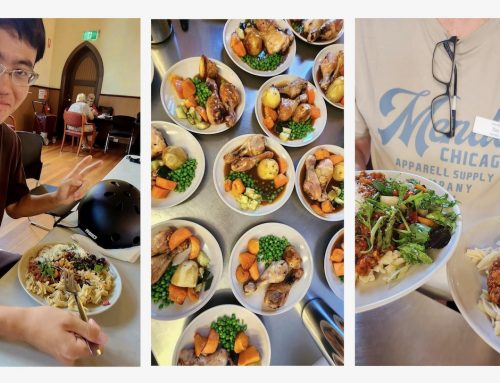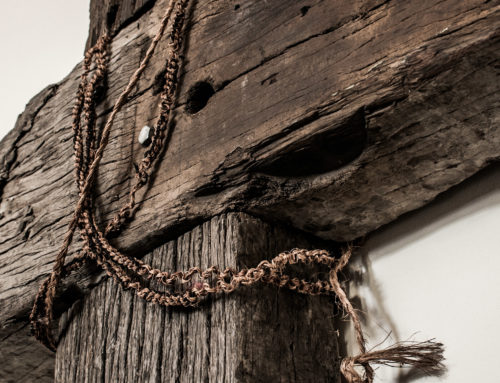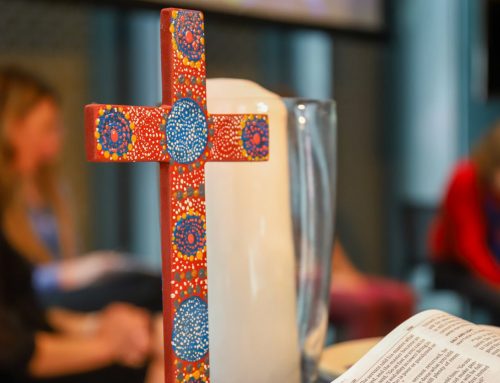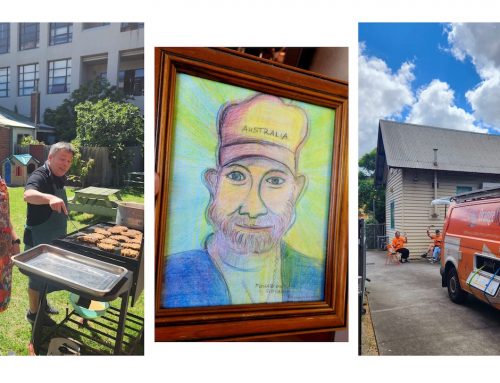One the most challenging aspects of urban spirituality is how we define it. In all my thinking and doing around this concept I have found defining to be the most difficult. But there is also something liberating in the nebulous nature of it, because each time I seek to narrow it down, or pin it down to one strict definition, I also start to limit the possibilities.
Andrew Root’s The Pastor in a Secular Age is a book I have been reading that is helping me navigate my role as pastor in Olive Way and to help frame my experience of urban spirituality.
One of the things Andrew Root describes is the blurring of the lines between sacred and secular that has its origins in the Protestant Reformation. He writes “After the Reformation, meaning, rites of passage, and the ordinary were no longer organised around a bold sacred and secular divide…Now everything was sacred.” Of course, there was nothing wrong with this, however, the flip side of this is that it increasingly began to cast doubt on the meaning of our sacred symbols such as church, the church building, the sacraments and the way we did them, and so on. In the Protestant tradition especially, these became less important. Sacred time and sacred space were much more blurred, according to Root. These blurred lines “tempt us to to block out any overarching sense of transcendence…and holds that there is no difference between sacred and secular (allowing the secular to swallow the sacred).” In his description of the changing cultural values and traditions Root does not advocate a return to the pre-reformation mindset, or traditions. However, we must understand where we are at before we can move forward.
Root describes the ‘yearning for something more’ that is felt so strongly in human existence, that can easily be masked by other things, yet is hard to suppress. One of the ways we experience this is as kind of ‘disenchantment’ with the world as it is. We no longer have an overarching story, a meta-narrative. We have many smaller narratives that we adhere to. So the pastor in this age struggles to find ways to bring these together in meaningful ways.
For me, being present in a sacred space is really important. It doesn’t mean that everyone entering feels the same sense of the sacred, or shares the same faith commitments. Nor is my job to bring to the same faith commitments. It is be present, to use the resources available to me as pastor to help people respond to the disenchantment they experience, their everyday struggles, their questions and doubts, and to build a safe community with them.
Some of you may have been at BUC this last Sunday when I shared the story of the man who came in wanting to talk to me as he was anxious about the state of the world and was convinced there was ‘a revelation coming’. Perhaps he might not have known exactly what that meant, and most probably didn’t know a lot about the Book of Revelation, assuming it meant the end of the world. At the very least he knew where to come for answers to his questions. I’m not sure if I gave him the answers he was seeking. Maybe that doesn’t matter, I was happy to be available for him to ask them and to offer the resources that I was able to draw upon for him.
Similarly, I was speaking to someone this week who was struggling with a lot of ongoing trauma. I was able to sit and just listen to him for a long time. I wasn’t able to answer his problems, fix his trauma, or any of the other struggles he faces. I only asked a handful of questions, but he said that coming to Olive Way was a part of what was making him stronger in himself. I didn’t really know what he meant by that, nor exactly what we were doing that helped him feel way, but I was glad to be able to be there for him and listen. And perhaps that’s all we can offer at times, and perhaps that’s enough.
Peter Blair, Olive Way Pastor
Photos by Naomi Kim
Photo of Naomi by Ruth Sandy






Leave A Comment